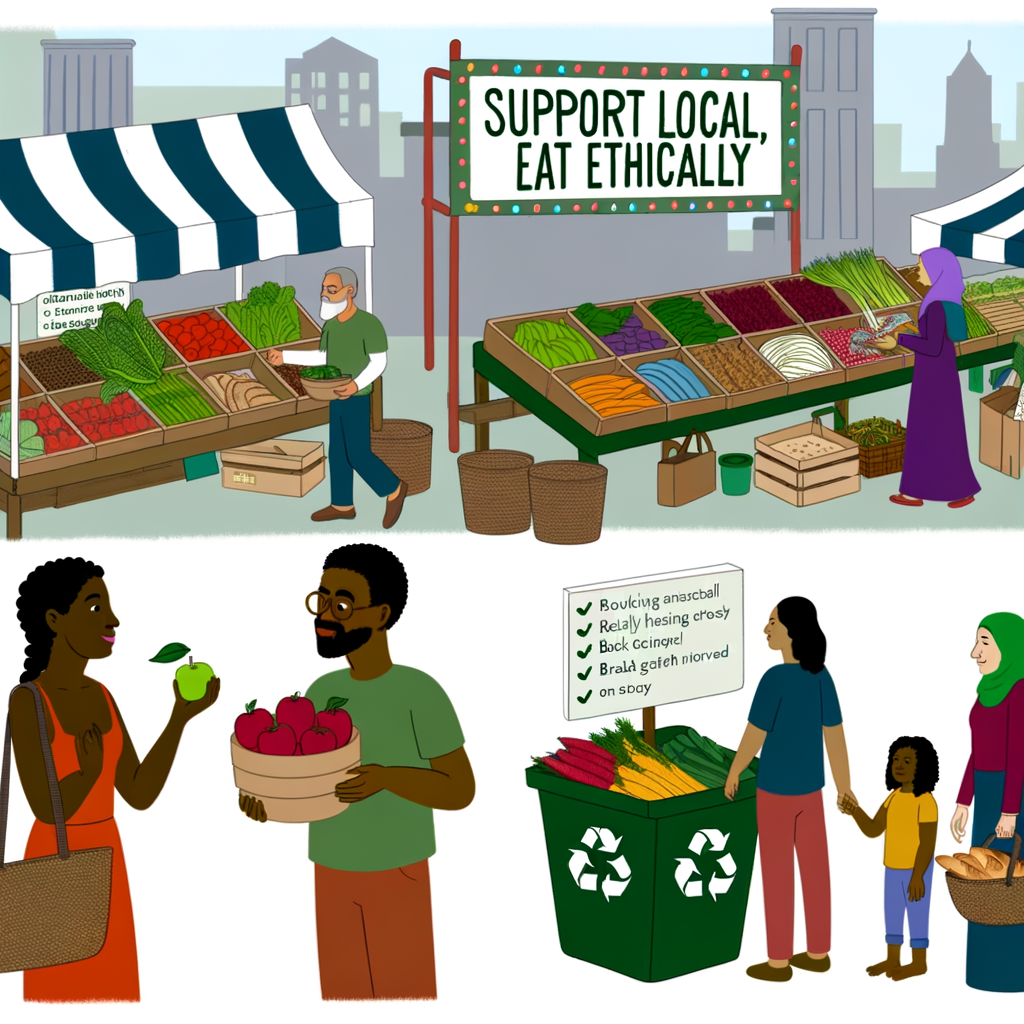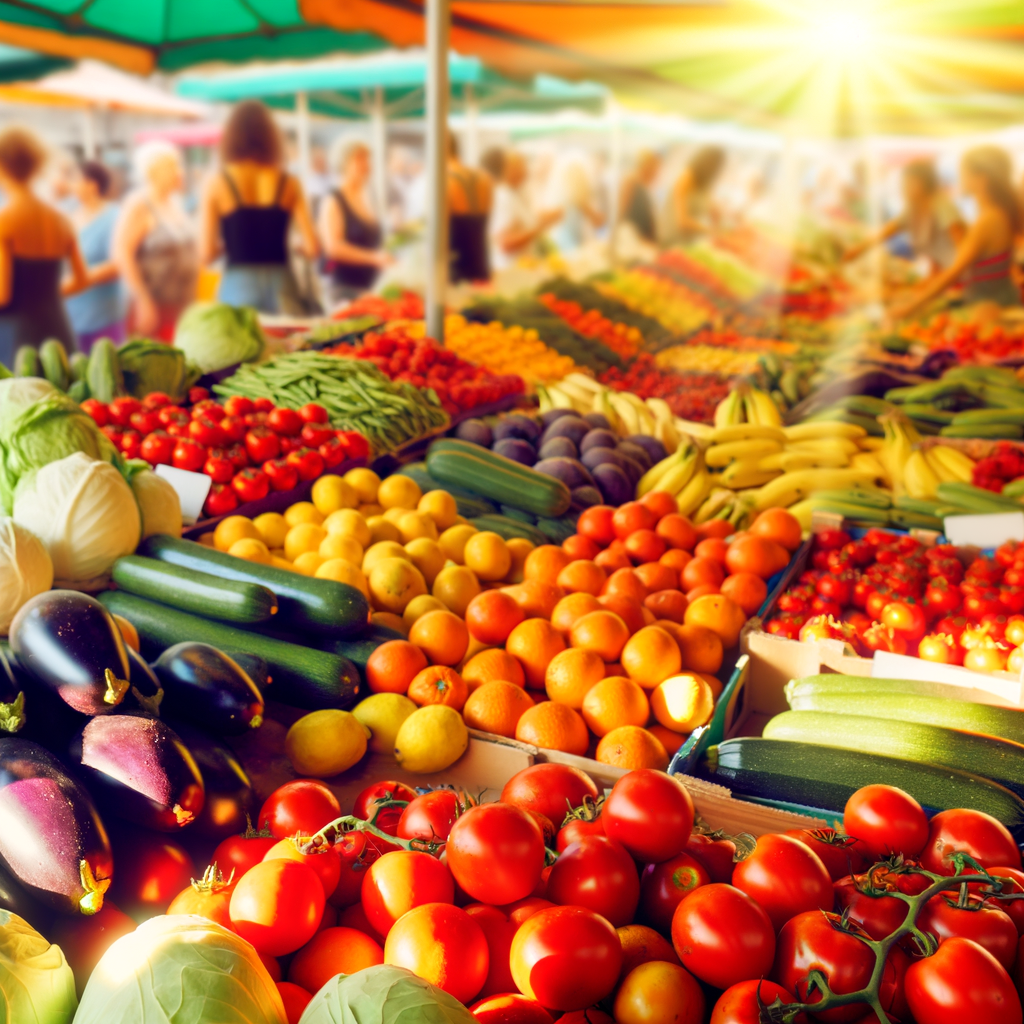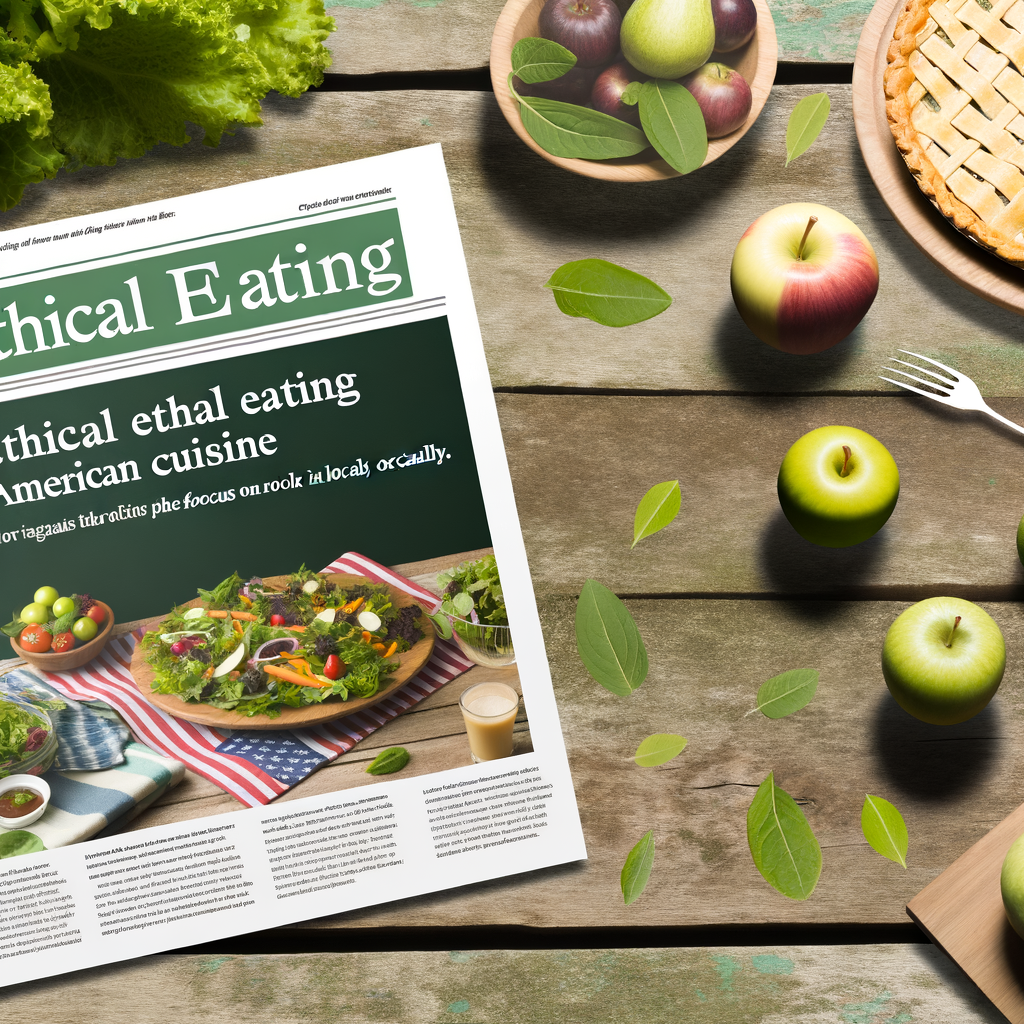As an expert chef, I have seen first-hand the impact of unsustainable practices in the food industry. From the depletion of natural resources to the exploitation of workers, our current food system is not sustainable in the long run. However, there is a growing movement towards ethical eating that focuses on using sustainable practices in American cuisine.
One of the key aspects of ethical eating is sourcing ingredients from local and organic producers. This not only supports small businesses and reduces carbon emissions from transportation, but also ensures that the food we consume is free from harmful chemicals and is fresher and more nutritious. As a chef, I make it a point to build relationships with local farmers and incorporate their produce in my dishes.
Another important aspect is reducing food waste. In America, we waste nearly 40% of our food supply, which has a huge impact on the environment. As chefs, we can play a crucial role in reducing food waste by utilizing every part of the ingredient and incorporating creative ways to repurpose leftovers.
In addition to sourcing and reducing waste, ethical eating also involves promoting fair labor practices. This means paying workers fair wages and ensuring safe working conditions. As consumers, we have the power to support restaurants that prioritize these values and put pressure on those that do not.
In conclusion, as the interest in world cuisine continues to grow, it is important for American cuisine to also evolve and embrace sustainable practices. By supporting local and organic producers, reducing food waste, and promoting fair labor practices, we can create a more ethical food system that benefits both our health and the planet.





